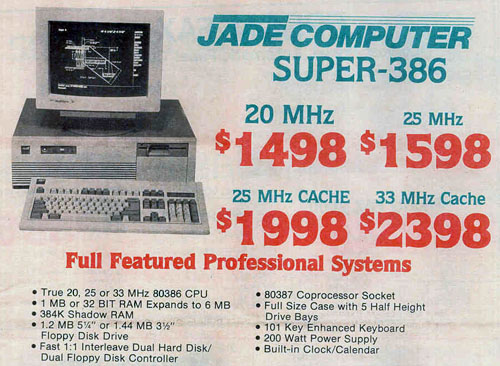Viper87227
Fully [H]
- Joined
- Jun 2, 2004
- Messages
- 18,017
I wouldn't be surprised if GameStop has demo setups. In any case it doesnt need "the masses" to take off. Guaranteed they'll remain sold out for a while.
I agree that it will sell out initially. I guess when I said take-off, I really meant become widely adopted. How many units does Valve need to move for this experiment to become successful? Even if they are making a profit on these, I'm sure it's slim, and they probably have a lot of R&D costs to recoup. If they treat this anything like the consoles, they want to sell software to get back the money invested in hardware. If that is their intention, the more hardware out there, the more customers to sell software to, and the more lucrative it becomes for developers to support VR. That means sustained sales, not just an early sellout. I'm not saying they can't do that at $800, but it's an uphill battle, especially if people cannot try the thing first.
I think the tricky part with setting up demo setups with this VR stuff is that it would probably have to be supervised. It's not like having an Xbox kiosk where the console is locked up and all you get to touch is a hard-mounted controller. The entire unit needs to be out and accessible, and able to freely move. How do you secure an $800 piece of hardware well enough that it won't walk without impeding someones ability to move their head a full 360 degrees, and also use a motion controller in each hand? I don't see a way, other than having a person dedicated to setting it up and watching the entire time it's in use. And to do that on a large scale presents a problem.
![[H]ard|Forum](/styles/hardforum/xenforo/logo_dark.png)
